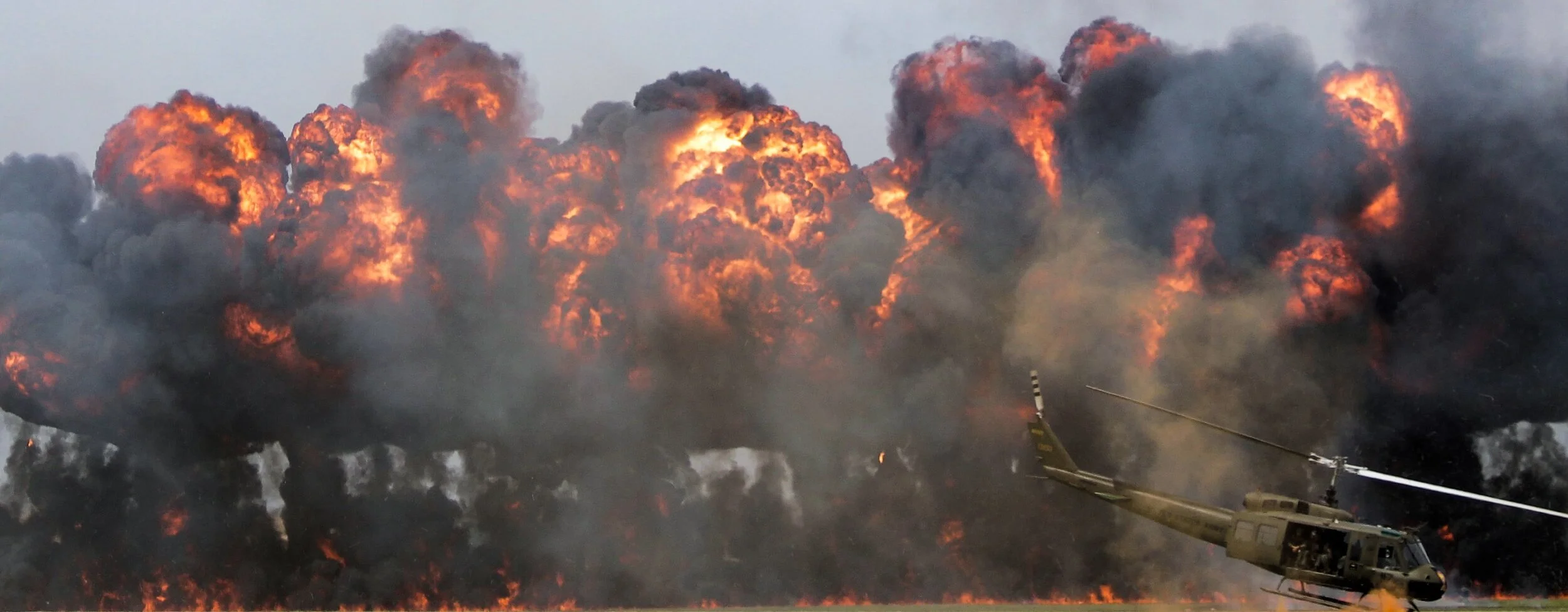June 2011: New Ways of War
The recent American experience with insurgency in Afghanistan and Iraq has led to a new debate on the nature of contemporary conflict. Newly popular concepts such as ‘irregular warfare,’ ‘asymmetric conflict,’ ‘hybrid war,’ ‘fourth generation warfare’ and even ‘War 2.0’ all describe a form of conflict that involves far more actors -including insurgents, criminal gangs, peacekeepers, civilians, NGOs, international organizations, foreign governments and media outlets – than does warfare as traditionally conceived. However, these issues, new as they seem, have a past.
On 1st and 2nd June this year, funded by the Graduate School for Arts and Humanities, the Clinton Institute hosted a conference to explore the past and future of these concepts. Entitled ‘New Ways of War? Insurgencies, ‘Small Wars’ and the Past and Future of Conflict,’ the conference attracted a wide range of very high quality scholars who convened to discuss the ways in which the nature of contemporary armed conflict is changing and the historical roots of that change. The opening panel, with contributions from T.X. Hammes, Antulio Echevarria and Theo Farrell (see photo), set the stage for later conversations by discussing the problems of NATO strategy in Afghanistan. The plenary address by Prof. Mark Grimsley of Ohio State University focused on the changing parameters of military history, arguing for a much broader conceptualization of the field. Grimsley contended that military history has suffered from its long association with military staff colleges and that it needed to draw much more deeply on insights from other areas of academia. Using the Civil Rights Movement as an example, Grimsley argued that scholars need to think of military history in terms that reach beyond the battlefield and the movement of armies. In keeping with this call for broader thinking on war, panels drew on the expertise of theorists, historians, and practitioners. They discussed an extensive range of topics, such as the advisory experience in counterinsurgency; small wars and the education system; the IRA and the war of independence; 18th century small wars; Clausewitz; and global counter-terrorism. Discussion was lively throughout, as an interdisciplinary mixture of senior academics, military practitioners and emerging scholars engaged with the problems thrown up by the debates over ‘small wars.’ The overall tone of the conference saw a growing skepticism about the utility of counterinsurgency as a strategy, even if most participants agreed that a ‘new way of war’ was probably emerging, albeit one grounded in generally overlooked past experiences.

